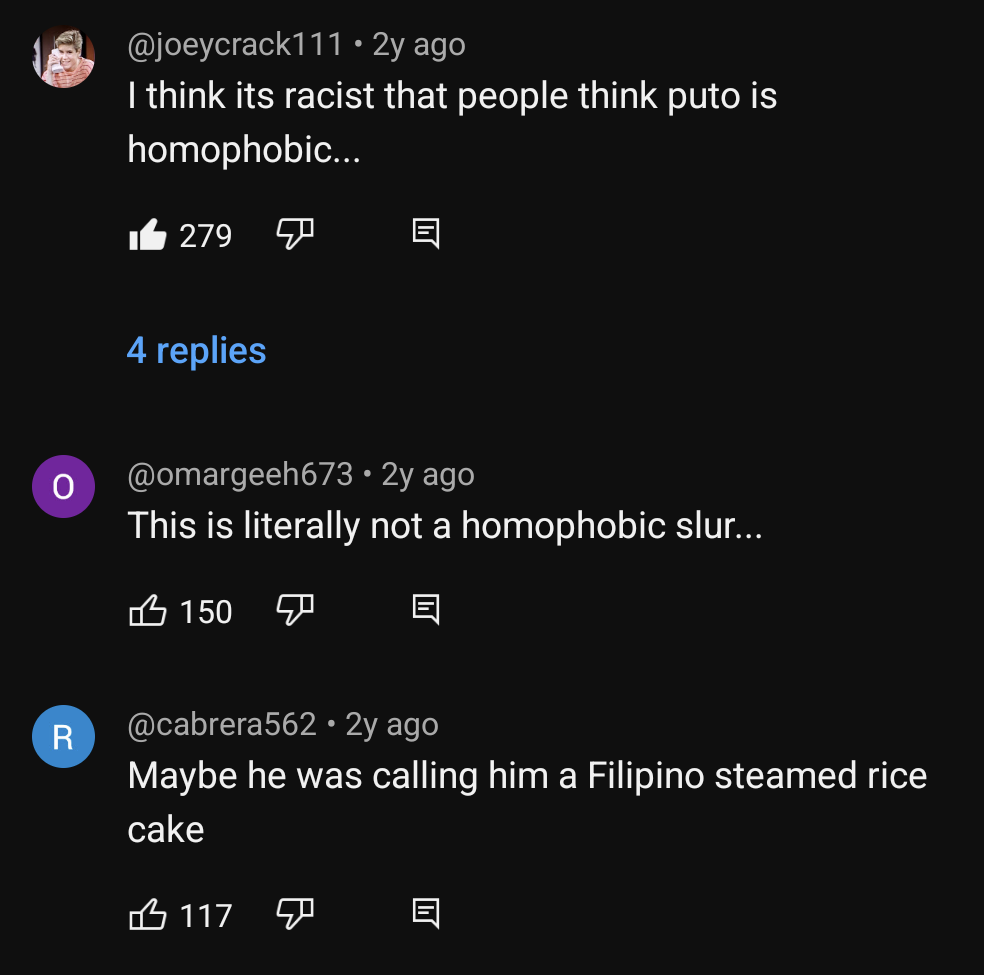PUUUUTOOO
Tensions were high last night as the United States Men’s National Team faced Mexico in the CONCACAF Nations League final. Still, in a rare display of intuited understanding between the two longtime rivals, fans on both sides apparently agreed that the common tongue used to abuse each other would be Spanish.
After Gio Reyna scored in the 63rd minute, making it 2 to 0—the scoreline that haunts every El Tri fan being shown on every screen inside AT&T Stadium in Arlington, Texas—U.S. fans emphatically began chants of dos a cero. Meanwhile, with dimmed hopes of pulling off a comeback and undoubtedly multiple levels of inebriation beyond the BAC limit, Mexico fans began their retort. With each Matt Turner goal kick El Tri aficionados let it rip: puuuuutooo! After numerous warnings over the stadium speakers asking fans to refrain from using the chant, officials stopped the game twice and commentators on both English and Spanish telecasts communicated their obligatory default reaction of disappointment. Yet, the media and unacquainted masses have it all wrong regarding this chant.
In Mexico, the word "puto" has so many meanings that it would require a Carlinesque tutorial to explain thoroughly. While considered colorful language in all its forms, the most popular uses of the word translate to fucker, asshole, slut, buddy, and coward. Yes, another use of the word is meant as a derogative term for a homosexual man, though the idea that Mexican fans are shouting the equivalent of "faggot” when attempting to taunt the opposing team's goalkeeper is just not accurate. The entire Spanish-speaking world knows this is a misreading, and fans of the Mexican national team have made the argument repeatedly. So why has the taunt become associated with a homophobic slur, then? Well, probably for the same reason Latinx was pushed down our throats for years. The perpetually offended decided that they didn’t like something and made a loud enough and consistent noise until they got their way.
The former president of the Mexican Football Federation (FMF), Yon de Luisa, was quoted as saying, "It's not the intention with which you shout or with which you chant. It's how the other [people] receive it." De Luisa continued, "If anybody feels it's a discriminatory act, then it is not something that we should include in a conversation. That is no longer a debate. If it is discriminatory, we should avoid it."
Bigotry and discrimination are unacceptable, but taking offense due to deliberate misinterpretation is not a trump card that should be allowed to make false assumptions true. Nor should it stand to reason that no matter how wrong one is, he should never be challenged lest the challenge itself be conflated with hate speech. The answer can't always be that the offended party is automatically always right—end of discussion.
As seen and documented in every World Cup, Mexican national team fans are immensely passionate. They also have one of the most wide-ranging and quirkiest senses of humor you’ll encounter. They're both the life of the party and the most embarrassing drunks and sore losers around. If you want a reason to dislike El Tri fans, you have plenty, but this taunt isn’t one of them. Besides, the worst thing officials and sanctioning bodies could do is attempt to ban the chant and grant disgruntled fans so much power to influence the game, particularly when their team is losing.
You don't have to be part of the crowd that screams out puto. But you're not a freedom fighter just because you have no idea what you're talking about.

